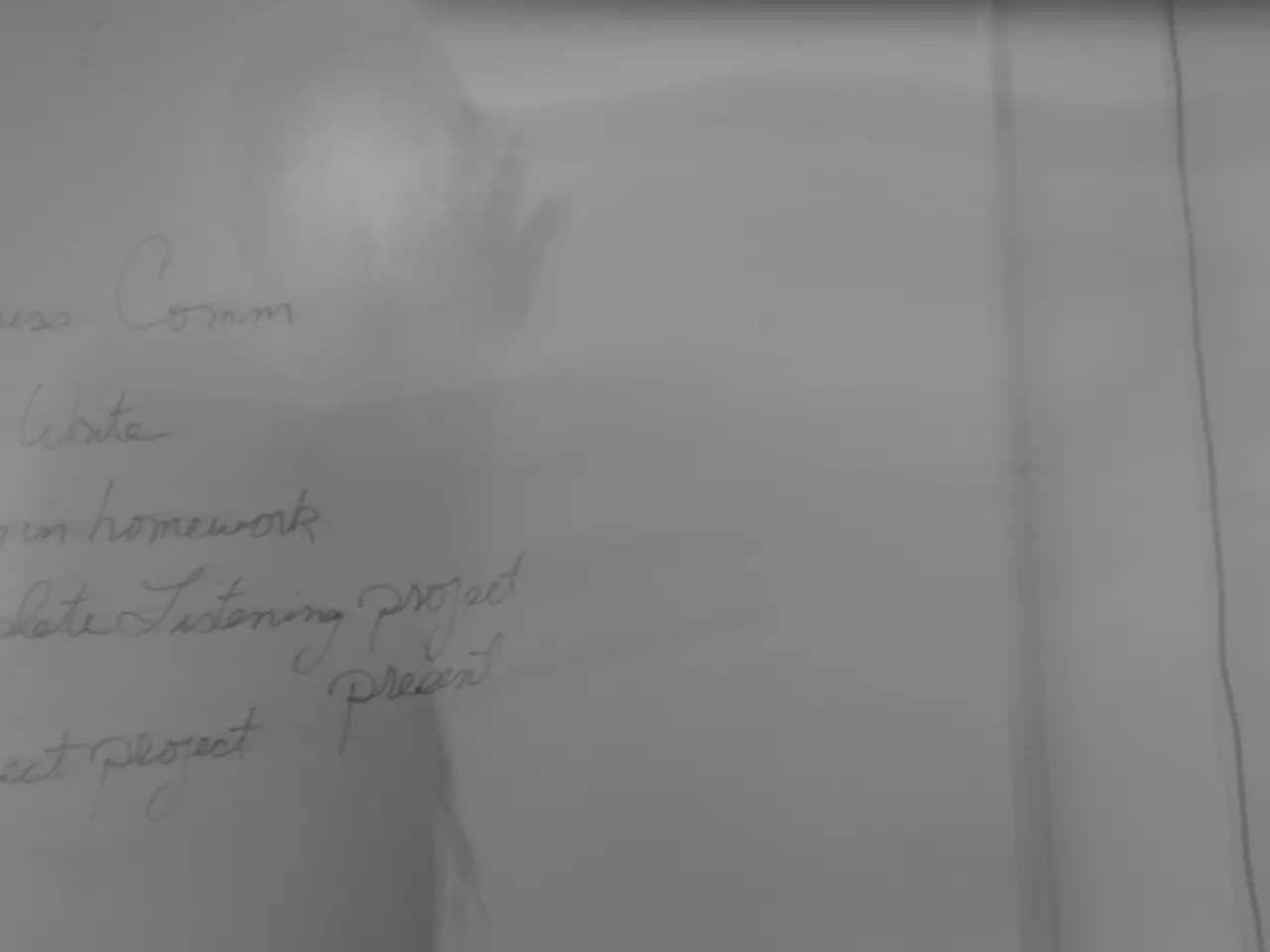Tenant Rights Disputes: What Belongs to You As a Leaseholder
In the city of Braunschweig and its surroundings, finding a home to rent can present challenges for tenants. Beate Opitz, the deputy managing director of the Tenants' Association Braunschweig e.V., has highlighted these challenges and offered advice to help tenants navigate their renting journey.
One of the key issues that can cause conflicts between tenants and landlords is the calculation of ancillary costs, which are expenses beyond the rent itself. These costs can sometimes be disproportionately high compared to the operating cost key, leading to disputes. With the recent increase in energy prices, this issue has become even more pertinent, with tenants asking more questions about the comprehensibility of the calculations.
To avoid such conflicts, it is essential for tenants to understand the terms of their rental agreement regarding ancillary costs and rent increases. Tenants should be aware of the rent control regulations in their specific region, as these can vary depending on the type of housing and the region itself.
Rent control is a regulation that limits the amount a landlord can increase the rent. Beate Opitz highlighted this point of interest for tenants, emphasizing its importance in ensuring fair and reasonable rent increases. However, it is crucial to note that a rent increase is only legally permissible if it complies with the legal requirements and has not been excluded by contract.
In cities with more than 50,000 inhabitants, the rent increase must be based on a rent index. Exceptions are contracts with index or graduated rent, in which the increases are already regulated by contract.
A rental agreement should contain all important details such as parties, rental object, start of rent, payments, and deposit. In the event of a rent increase, it is crucial to check it carefully. Positions that were not agreed in the rental agreement are often calculated, so it is essential to have a thorough understanding of the terms.
Tenants should also be mindful of defects in their apartment. A defect entitles the tenant to reduce the rent, but it is recommended to give the landlord the opportunity to repair first. In case of uncertainty about a rent increase or any other issue, a review by experts such as the tenants' association can provide clarity.
To prevent misunderstandings later, a handover protocol is essential to record the condition of the apartment upon moving in. Tenants should report defects in their apartment in writing to the landlord immediately, with an email being sufficient.
Tenants feel safer if as many points as possible are regulated in the rental agreement. However, unclear or overly regulated clauses in the rental agreement usually disadvantage the landlord.
The Tenants' Association in Braunschweig and surroundings, for which Beate Opitz is the deputy managing director, is 'Mieterverein Braunschweig e.V.' This organization provides support and advice to tenants, helping them navigate the complexities of renting a home.
In conclusion, understanding the terms of a rental agreement, being aware of rent control regulations, and maintaining open communication with the landlord are key to a smooth renting experience. By being informed and proactive, tenants can ensure their rights are protected and their living situation is fair and comfortable.
Read also:
- Proposal for a Worker Radiation Protection Directive Requested by Commission
- Sharply rising fatal accidents in Mainz 2025: A 144% surge in deaths - authorities plan to enhance safety for the elderly population
- Senator Rasha Kelej welcomed Maldives First Lady at the seventh installment of the Merck Foundation's First Ladies Initiative Summit to discuss collaborative healthcare programs.
- Quarterly Review of the Biotechnology and Pharmaceutical Industries: A Look Back at Q2 2025








